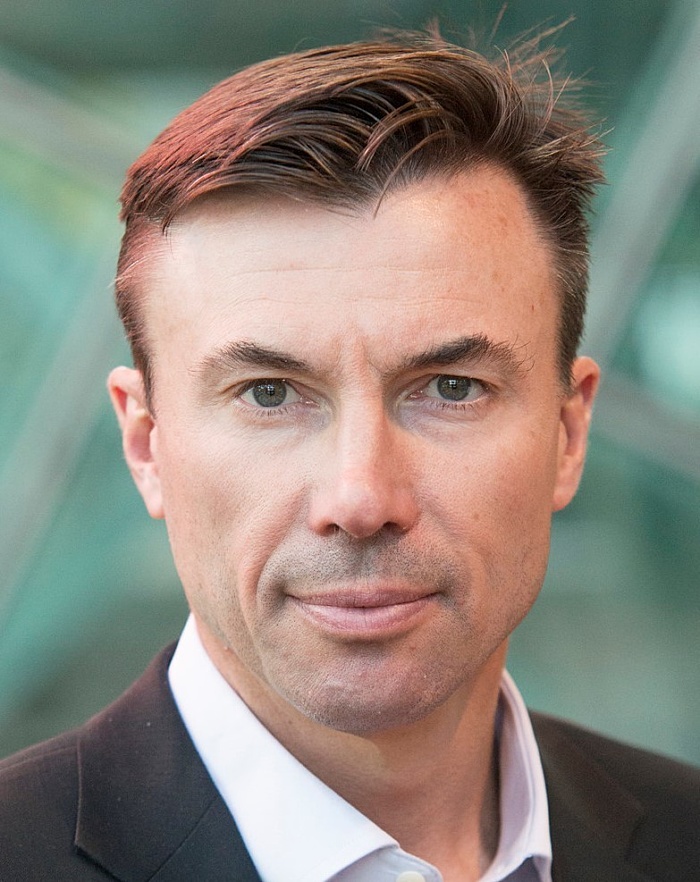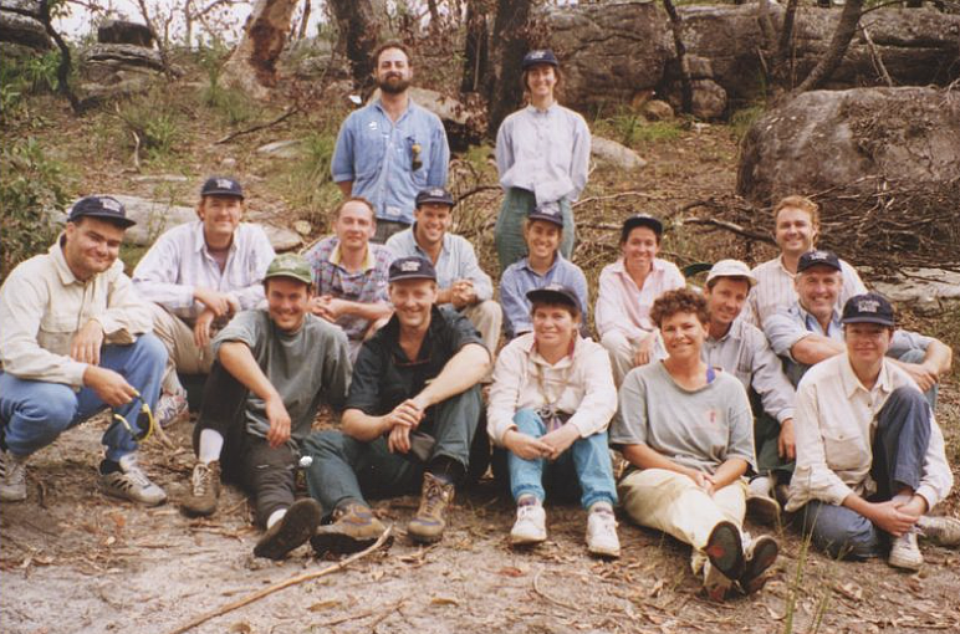
ICDA and BoardPro partnership unlocks digital governance tools for not-for-profits nationwide
Posted on 10 Dec 2025
Adele Stowe-Lindner, Executive Director, Community Directors The Institute of Community Directors…
Posted on 19 Mar 2024
By Greg Thom, journalist, Institute of Community Directors Australia
The international aid and development agency Save the Children is using carbon credits to fund community-based projects that benefit children and combat climate change.
The organisation has launched the Nature-based Solutions for Children (NbS4C) Hub to develop projects ranging from improved water technology in Pakistan to reforestation in the Philippines.
Save the Children Global Ventures, a global investment group formed in 2022, is leading the effort. Its goal is to use new financial strategies to encourage technological innovation that helps achieve Save the Children’s global goals.
The hub has been launched in partnership with Carbon Neutral, a company specialising in helping organisations gain access to the international carbon credit market.
Save the Children Global Ventures CEO Paul Ronalds said funding the right projects in the right place could make a real difference.

“Well-designed, community-led nature-based solutions, delivered with the right checks and balances, have the potential to absorb carbon dioxide from the atmosphere,” he said.
At the same time, such projects could also help the communities they are established in by providing jobs, rehabilitating the local environment, improving people’s health and boosting resilience in the face of to climate change.
Mr Ronalds said tackling climate change was a key priority because of the devastating impact it is having on children across the world.
It is estimated that:
“The figures are staggering,” Mr Ronalds said.
“Such profound disruptions interfere with a child’s education, their health and makes them vulnerable to exploitation and violence.”
“Well-designed, community-led nature-based solutions, delivered with the right checks and balances, have the potential to absorb carbon dioxide from the atmosphere.”
Clean cookstoves improve household air-quality, improve health and wellbeing, strengthen livelihoods and mitigate carbon emissions.
A pilot project aimed at reaching 20,000 of the most-underprivileged households in Karnali and Madhesh provinces is trialling clean cooking technology between now and 2026.
More than half of the mangrove forests in Vietnam’s Mekong Delta have been lost or degraded as a result of the expansion of aquaculture over the past 50 years.
A 5,000-hectare mangrove restoration pilot project in the southern province of Ca Mau aims to enhance community natural resource management plans and promoting sustainable and ecological shrimp farming practices.
The initiative will look to achieve its objectives through women-led trade and production groups, restoring mangroves on smallholder shrimp farms and negotiating access to premium prices for shrimp.
It is estimated that 30% of all diseases and 40% of all deaths in Pakistan – including those of 53,000 children aged under five suffering diarrhoea – are due to extremely poor water quality.
In Sindh province, which has a population of more than 50 million people, 76% of drinking water is unsafe.
Beginning in the province’s Sukkar district, a new project aims to provide access to innovative safe drinking water technology via schools and medical centres for more than 100,000 homes a year by 2030 backed up by an environmental advocacy campaign.
While advocating using carbon markets to try to alleviate the impact of climate change, Mr Ronalds said it was critical that local communities participated in the design of initiatives and had secure tenure rights.
“We recognise that carbon markets are receiving a lot of valid criticism,” he said.
These criticisms covered a range of accusations, from abuses of Indigenous people's rights, to forced displacement, lack of transparency, greenwashing, and fraudulent projects.
“That is why we are trialling new approaches, putting children’s rights at the centre of programs, and ensuring that they are locally designed and led by communities, with necessary safeguards in place.”
Mr Ronalds said Save the Children established the new hub with the aim of building an ethical, financially sustainable and scalable approach to locally led nature-based solutions.
Save the Children is the first humanitarian and development focused international non-governmental organisation (INGO) accredited by the Green Climate Fund (GCF).
In December 2023 Save the Children partnered with the GCF and Global Partnership for Education to invest $106 million in investment toward building climate-resilient schools in vulnerable countries.
Untapped billions could fuel greater social impact: Paul Ronalds

Posted on 10 Dec 2025
Adele Stowe-Lindner, Executive Director, Community Directors The Institute of Community Directors…

Posted on 10 Dec 2025
The Australia Institute has called on the federal government to force Australian businesses to be…

Posted on 10 Dec 2025
Economic empowerment is essential to enabling recovery, restoring agency and preventing future…
Posted on 10 Dec 2025
A long-time advocate for rough sleepers in northern New South Wales has been named her state’s…

Posted on 10 Dec 2025
What a year 2025 has been, particularly at a national level where the Parliament and politics as we…

Posted on 10 Dec 2025
Anyone working in an organisation knows it: meetings follow one after another at a frantic pace. On…

Posted on 10 Dec 2025
As a qualified yoga instructor who learned the practice in her hometown of Mumbai, Ruhee Meghani…

Posted on 10 Dec 2025
Community Directors trainer Jon Staley knows from first-hand experience the cost of ignoring…

Posted on 10 Dec 2025
Stressed, overwhelmed, exhausted… if you’re on a not-for-profit board and these words sound…

Posted on 10 Dec 2025
The Institute of Community Directors Australia trains over 22,000 people each year, which gives us…

Posted on 09 Dec 2025
The late Sir Vincent Fairfax is remembered as a business leader, a chairman of AMP, and an active…

Posted on 08 Dec 2025
A pioneering welfare effort that helps solo mums into self-employment, a First Nations-led impact…